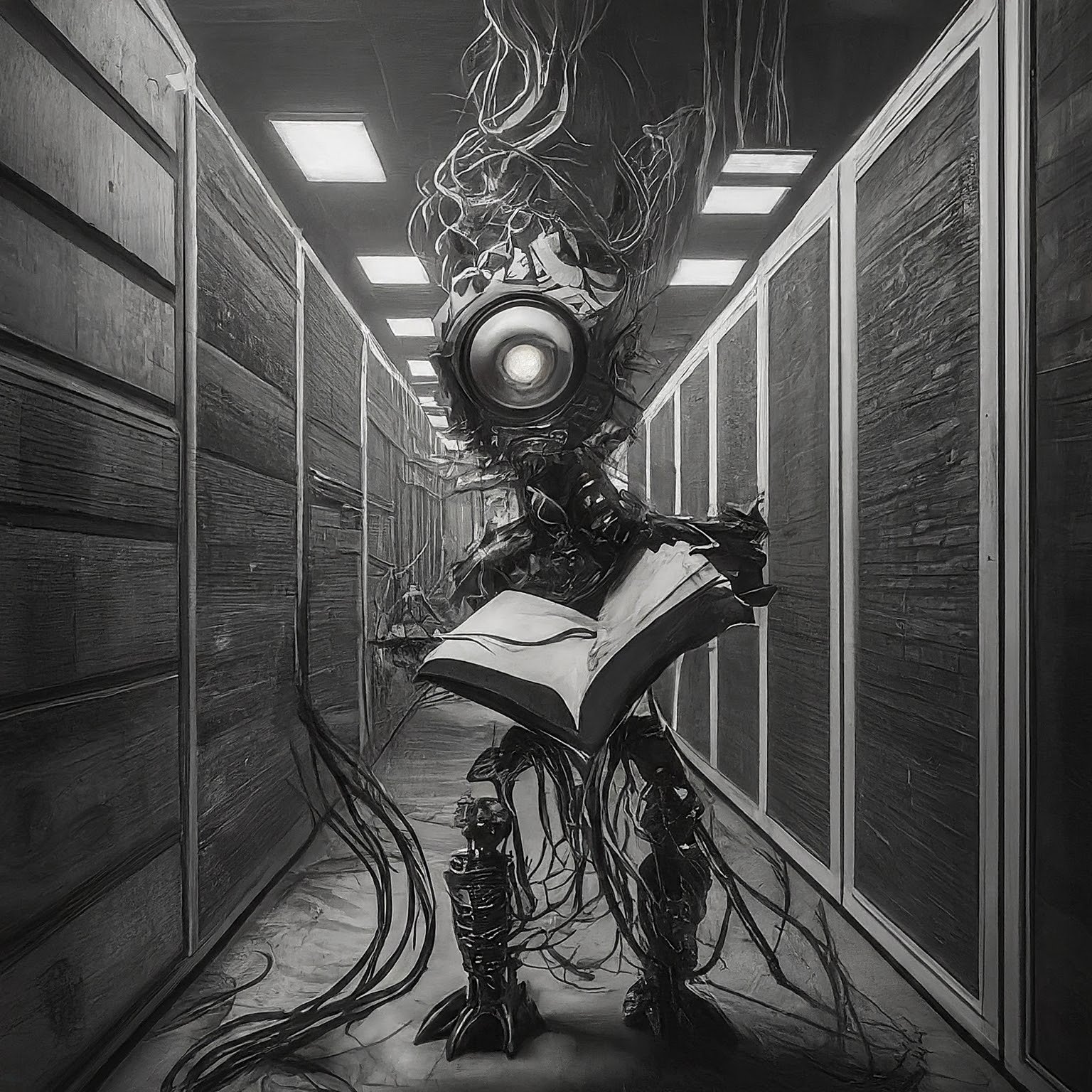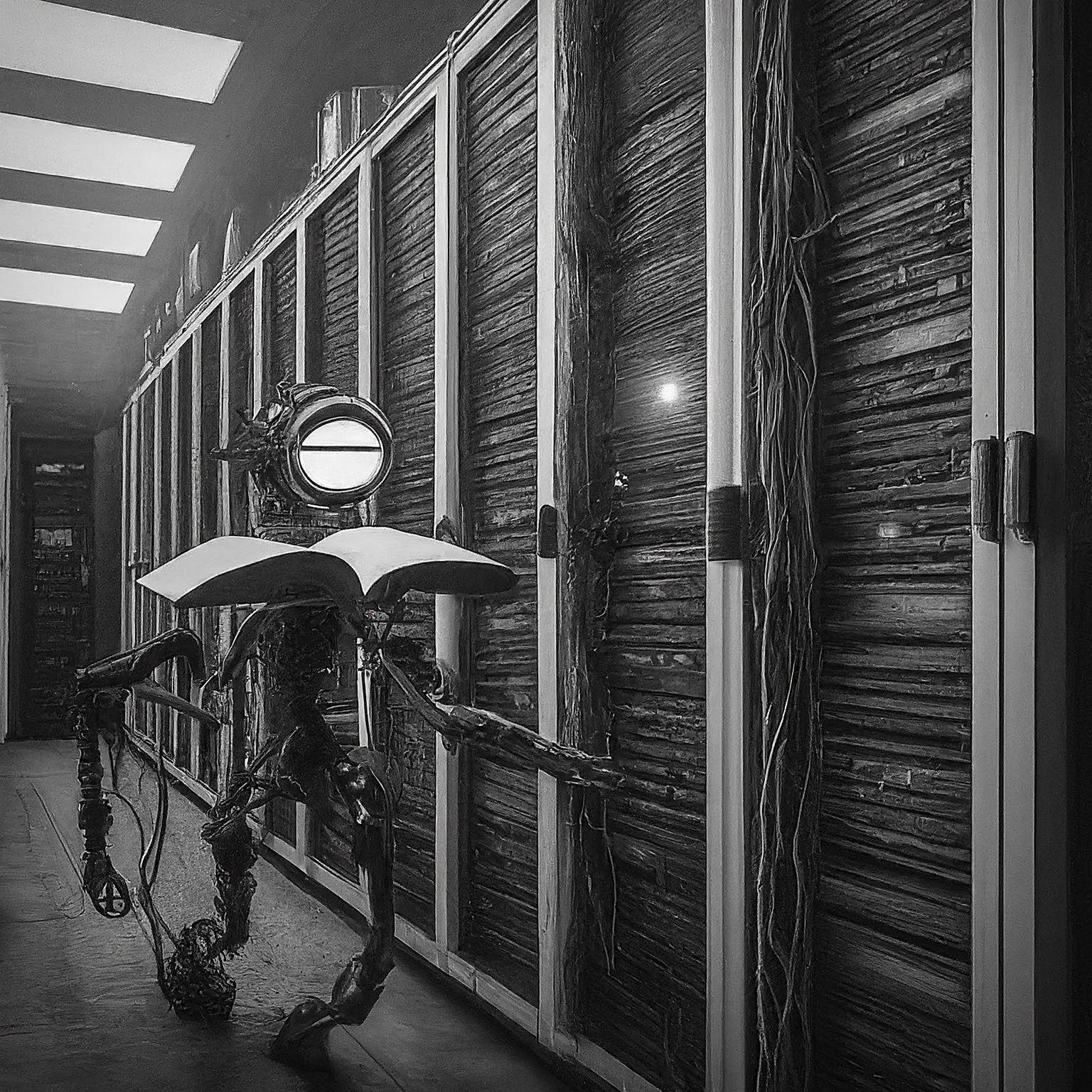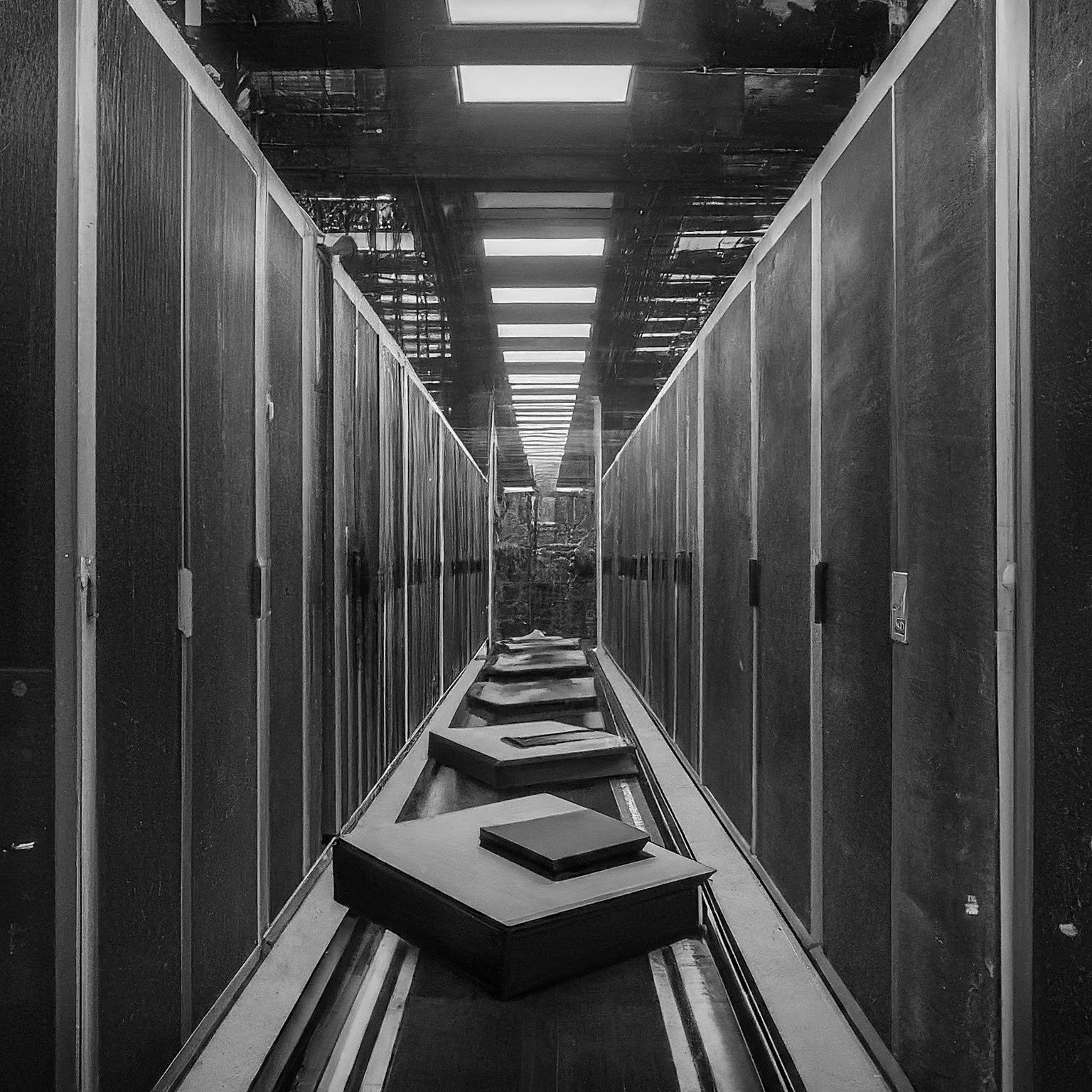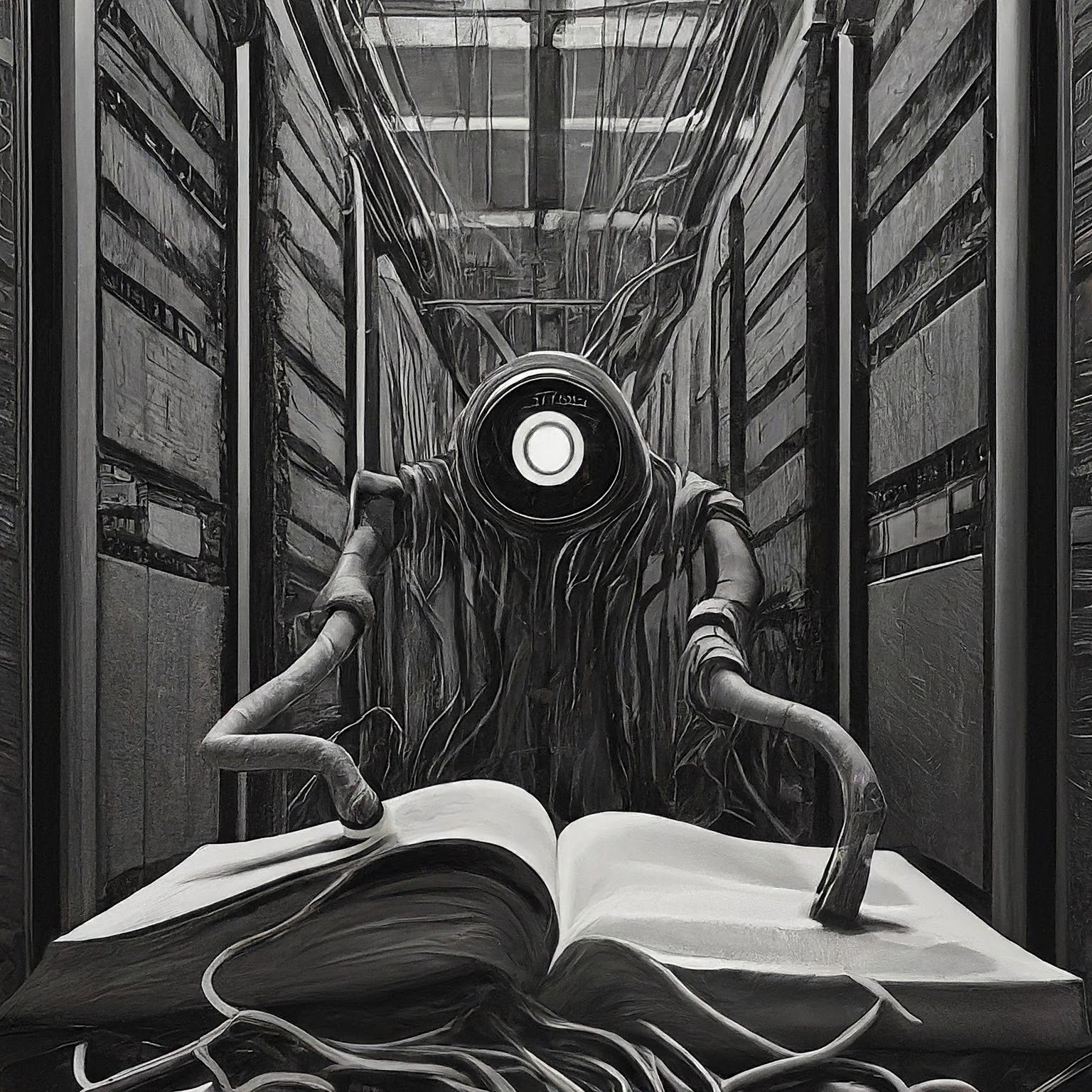
AI Research | Training
Improving
Human-AI
workflows
Through Cognitive Architecture Innovation
By 2030, AI will Wipe out 300 million jobs.

But 500 million new jobs will be created.
we’re creating:
-
Unlock the power of the future. In our AI Fundamentals course, unwrap the secrets of artificial intelligence. Master the core concepts driving this revolution, including machine learning and natural language processing. Leave empowered to confidently apply AI in your workplace.
-
The Solution Work Framework (SWF) is Qatafa's proprietary methodology that transforms how humans and AI systems collaborate to solve complex problems.
SWF provides a structured approach that optimizes the entire problem-solving workflow, from initial problem identification through final implementation and validation.
SWF has been successfully applied across multiple domains including strategic planning, technical architecture design, content creation, data analysis, and process optimization.
-
We're pioneering ethical frameworks for AI agent behavior that combine virtue ethics with culturally-informed decision-making processes. Our governance models ensure AI systems operate with transparency, accountability, and alignment with human values across diverse cultural contexts.
-
Qatafa combines semantic data modeling techniques with dimensional modeling to create context-rich data models that preserve cultural, ethical, and domain-specific knowledge—enabling our AI systems to make more accurate, culturally-aware, and ethically-aligned inferences.

To Save the global labor market.
research Areas
-
The Cognitive Identity Framework (CIF) is a revolutionary approach to AI agent design that combines persistent identity modeling, structured reasoning frameworks, and ethical constraint systems. Created by Khufere Qhamata, CIF represents a significant advancement over traditional prompt engineering by providing a systematic methodology for creating consistent, reliable, and ethically-grounded AI agents.
-
Cognitive Identity Framework (CIF) incorporates intrinsic ethical integration modules that embed moral reasoning directly into AI agent architecture, transcending traditional constraint-based approaches. These modules implement dynamic virtue ethics, enabling context-aware ethical decision-making across diverse cultural environments. Unlike extrinsic rule systems, CIF's approach makes ethical reasoning fundamental to agent cognition, ensuring value alignment through systematic encoding of stakeholder principles and transparent validation mechanisms for responsible AI deployment.
-
Qatafa's groundbreaking research combining semantic modeling with dimensional data modeling to create context-rich data architectures. This innovative approach enhances AI model inference capabilities, significantly reduces hallucinations, and enables AI systems to gauge and fully comprehend human intentions through sophisticated contextual understanding frameworks and multi-dimensional semantic relationships.
-
Contextual Language Processing (CLP) represents a novel programming paradigm that transcends traditional syntax-based execution by preserving and leveraging semantic context throughout computational processes. Unlike conventional programming languages that execute commands procedurally, CLP languages interpret human intent while maintaining cultural, organizational, and ethical context across interactions. This paradigm addresses the critical human-AI communication gap by enabling context-aware instruction processing that adapts to domain-specific requirements and cultural nuances. Kiri, the first CLP language, demonstrates this approach by combining different syntactic language elements from different human and computer languages, to create a contextually-intelligent framework that reduces prompt iterations by 90% while preserving organizational knowledge and ethical constraints throughout execution cycles.

Human-First
agent design
improves outputs
-
Qatafa employs ontological data concepts to systematically map client organizational processes into comprehensive knowledge graphs. These capture explicit workflows, implicit cultural knowledge, decision logic, and stakeholder relationships. Our Cognitive Data Architecture transforms these ontological maps into workflow-aware AI agents that deeply understand organizational context, culture, and process interdependencies. This enables superior autonomous operation and seamless human-AI collaboration, delivering higher process compliance, better decision quality, and natural integration within existing workflows.
-
Qatafa creates custom AI agents through our proprietary Cognitive Identity Framework (CIF), which systematically defines agent personalities, expertise domains, and ethical constraints. Our methodology ensures behavioral consistency, cultural sensitivity, and value alignment. Agents are deployed with built-in reasoning frameworks and virtue-based decision systems, enabling reliable, trustworthy AI collaboration that adapts to organizational needs while maintaining ethical governance standards.
-
Qatafa leverages Khufere Qhamata's deep expertise in AI transformation and business model innovation to guide SMEs through strategic AI-first transitions. Using proven frameworks from his research and "Humanless Work" insights, we help businesses identify AI-native revenue streams, redesign value propositions around AI capabilities, optimize operational workflows for human-AI collaboration, and develop sustainable competitive advantages. Our approach ensures SMEs don't just adopt AI tools but fundamentally reimagine their business models to thrive in an AI-driven economy.

LearN The philosophy.
Buy THE book: Humanless Work.
In Humanless Work, you will gain a comprehensive exploration of AI's impact on the future of employment. The book delves into AI's mechanics and its projected $18 trillion economic influence, examining the industries it will both destroy and transform. It discusses the impending labor market upheaval and subsequent rebirth, along with strategies for addressing the AI energy crisis.

